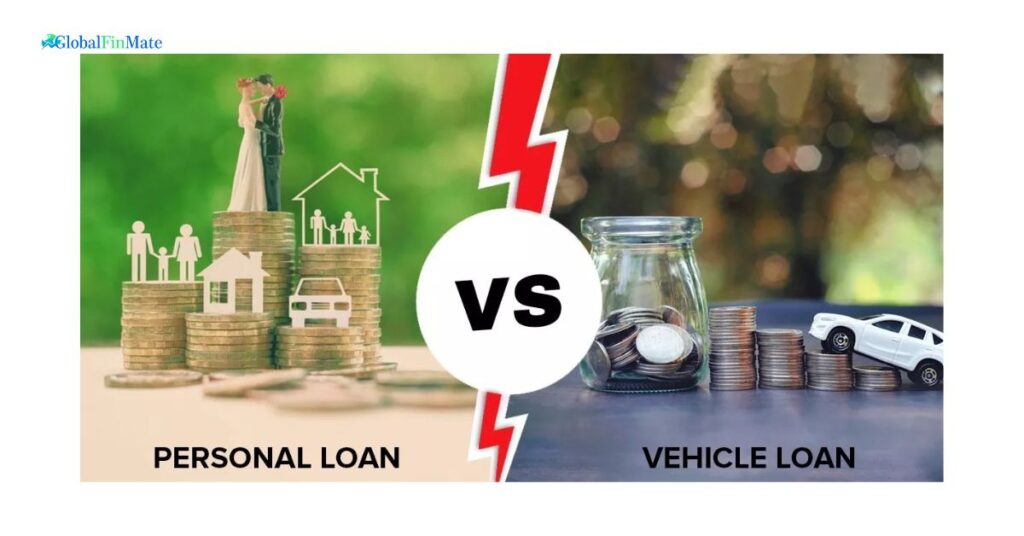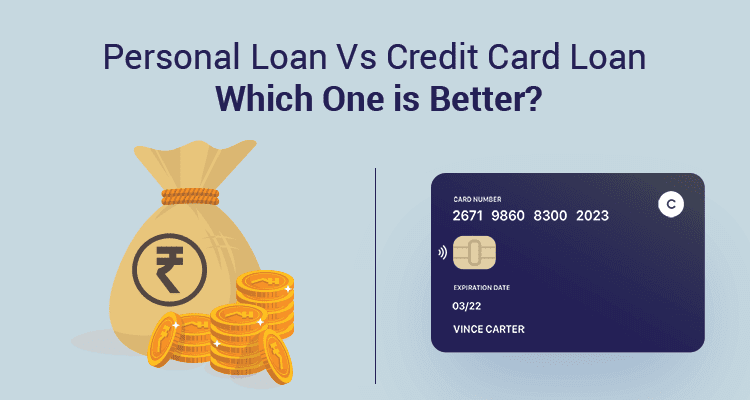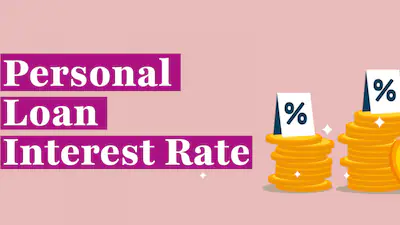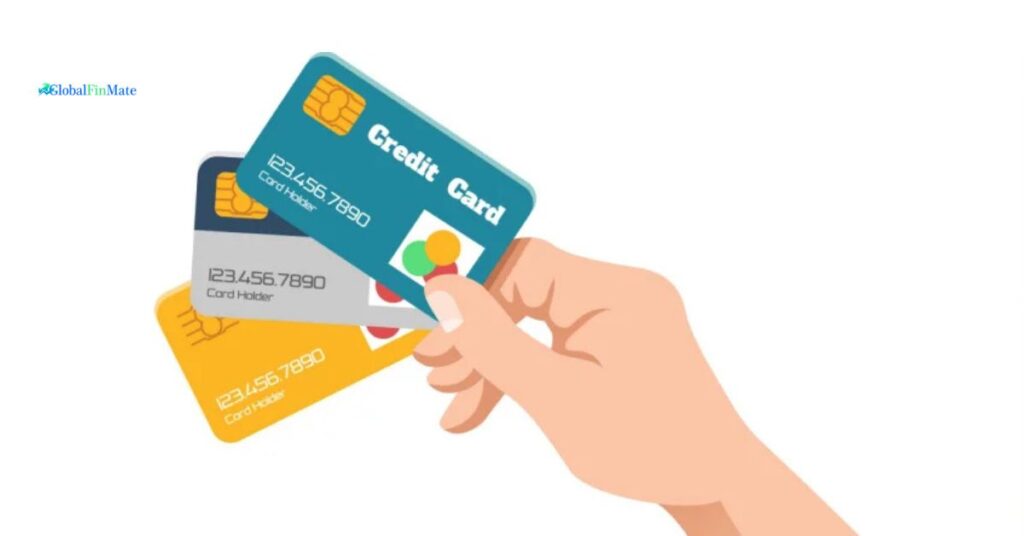Personal Loan vs Auto Loan: Which is the Better Choice
In today’s fast-paced financial world, loans play a crucial role in helping individuals achieve their goals without exhausting their savings. Whether it’s purchasing a dream car, managing medical expenses, or consolidating debt, borrowing options have become more accessible than ever before. Among the most common types of credit are personal loans and auto loans.
But when it comes to Personal Loan vs Auto Loan, which one should you choose? The answer depends on several factors, such as your financial needs, repayment capacity, credit history, and long-term goals. Understanding the differences between these two types of loans can help you make a smart financial decision that supports your overall financial health.
In this comprehensive guide, we’ll dive into the details of both personal loans and auto loans, compare their features, weigh their pros and cons, and help you decide which one fits your situation best.
What is a Personal Loan?
A personal loan is an unsecured loan that you can borrow from a bank, credit union, or online lender without providing any collateral. This means you don’t have to pledge an asset such as your car or house as security.
Features of a Personal Loan:
- Unsecured loan: No collateral required.
- Flexible usage: Can be used for almost anything – weddings, vacations, medical bills, education, or even purchasing a car.
- Loan amount: Typically ranges from ₹50,000 to ₹25 lakhs (varies by country and lender).
- Tenure: Usually 1 to 7 years.
- Interest rates: Higher than secured loans (since lenders take more risk).
Common Uses of Personal Loans:
- Paying for unexpected expenses like medical emergencies.
- Debt consolidation (combining multiple high-interest debts into one).
- Funding large life events like weddings or vacations.
- Home renovations or repairs.
- Purchasing a vehicle (when you don’t want a traditional auto loan).
The biggest benefit of a personal loan is its flexibility. You can use it however you want, unlike auto loans which are tied strictly to vehicle purchases.
What is an Auto Loan?
An auto loan is a secured loan specifically designed to finance the purchase of a vehicle. The vehicle itself serves as collateral for the loan. If you fail to repay the loan, the lender has the right to repossess the car.
Features of Auto Loan:
- Secured loan: The vehicle acts as collateral.
- Restricted usage: Can only be used to buy a car, bike, or other approved vehicle.
- Loan amount: Usually covers 70%–90% of the vehicle’s cost (some lenders may financeup to 100%).
- Tenure: Typically 1 to 7 years.
- Interest rates: Lower compared to personal loans, since it’s secured.
Common Uses of Auto Loans:
- Purchasing new cars.
- Financing used cars (through specific lenders).
- Vehicle upgrades when savings aren’t sufficient.
Auto loans are highly purpose-specific, but they offer the advantage of lower interest rates compared to personal loans.
Personal Loan vs Auto Loan: Key Differences
To understand which option works best for you, let’s compare personal loans and auto loans side by side
| Factor | Personal Loan | Auto Loan |
|---|---|---|
| Type of Loan | Unsecured (no collateral required) | Secured (vehicle used as collateral) |
| Usage | Can be used for any purpose | Only for vehicle purchase |
| Interest Rates | Higher (10–20% depending on credit score) | Lower (6–12% depending on vehicle/lender) |
| Loan Tenure | 1–7 years | 1–7 years |
| Loan Amount | Based on income and creditworthiness | Based on vehicle cost (70–100%) |
| Ownership | You own the asset outright | Lender has partial claim until full repayment |
| Approval Speed | Quick (often within 24–48 hours) | Moderate (depends on dealer/lender process) |
| Risk Factor | Higher interest burden, but no repossession | Risk of repossession if EMIs not paid |
| Flexibility | High (can be used for any financial need) | Low (strictly for buying vehicles) |
Pros and Cons of Personal Loans
Pros:
- Flexibility: Funds can be used for any personal or financial need.
- No collateral required: Your assets are not at risk.
- Quick processing: Many lenders disburse within 24–48 hours.
- Good for multiple needs: If you need money for a car plus other expenses, this is ideal.
Cons:
- Higher interest rates: Since it’s unsecured, rates are higher than auto loans.
- Shorter repayment tenure: EMIs can be higher due to shorter terms.
- Eligibility stricter: Requires good credit history and stable income.
Pros and Cons of Auto Loans
Pros:
- Lower interest rates: Secured loans come with better rates.
- Easier to qualify: Collateral (vehicle) makes approval easier.
- Longer repayment options: Flexible tenure up to 7 years.
- Helps build credit: Regular repayments improve credit score.
Cons:
- Limited usage: Loan can only be used for purchasing a vehicle.
- Repossession risk: Lender can seize your car if you default.
- Depreciation factor: Vehicle loses value over time, but loan payments remain fixed.
Which Loan Should You Choose?
The right choice between a personal loan vs auto loan depends on your unique financial situation.
Choose a Personal Loan if:
- You want flexibility to use the money for multiple purposes.
- You don’t want to pledge your vehicle as collateral.
- You’re buying an older used car that may not qualify for an auto loan.
- You have a strong credit score and can manage slightly higher interest rates.
Choose an Auto Loan if:
- You’re buying a new car or bike and want lower interest rates.
- You’re comfortable using the vehicle as collateral.
- You prefer longer repayment terms to reduce EMI burden.
- You want a loan that is specifically tailored for car financing.
Tips for Getting the Best Loan Deal
No matter which loan you choose, the following strategies can help you secure the best deal:
- Improve Your Credit Score: A higher score can reduce interest rates significantly.
- Compare Multiple Lenders: Don’t settle for the first offer; shop around.
- Understand the Total Cost: Consider EMIs, processing fees, insurance, and other hidden charges.
- Check Prepayment Terms: Ensure you can close the loan early without heavy penalties.
- Negotiate with Dealers/Lenders: Auto dealers often have tie-ups with banks – negotiate for better rates or discounts.
Conclusion
When it comes to Personal Loan vs Auto Loan, the decision boils down to your financial priorities and needs. If flexibility and quick access to funds matter most, a personal loan may be the right choice. On the other hand, if your sole purpose is buying a vehicle at the lowest possible interest rate, an auto loan is the smarter option.
Both loan types have their advantages and risks. The key is to evaluate your financial situation, repayment ability, and long-term goals before making a decision. Remember, borrowing should always be a tool to improve your life—not a burden that creates financial stress.
By understanding the differences, weighing the pros and cons, and applying smart borrowing strategies, you can confidently choose the loan that fits your needs and secures your financial future.










